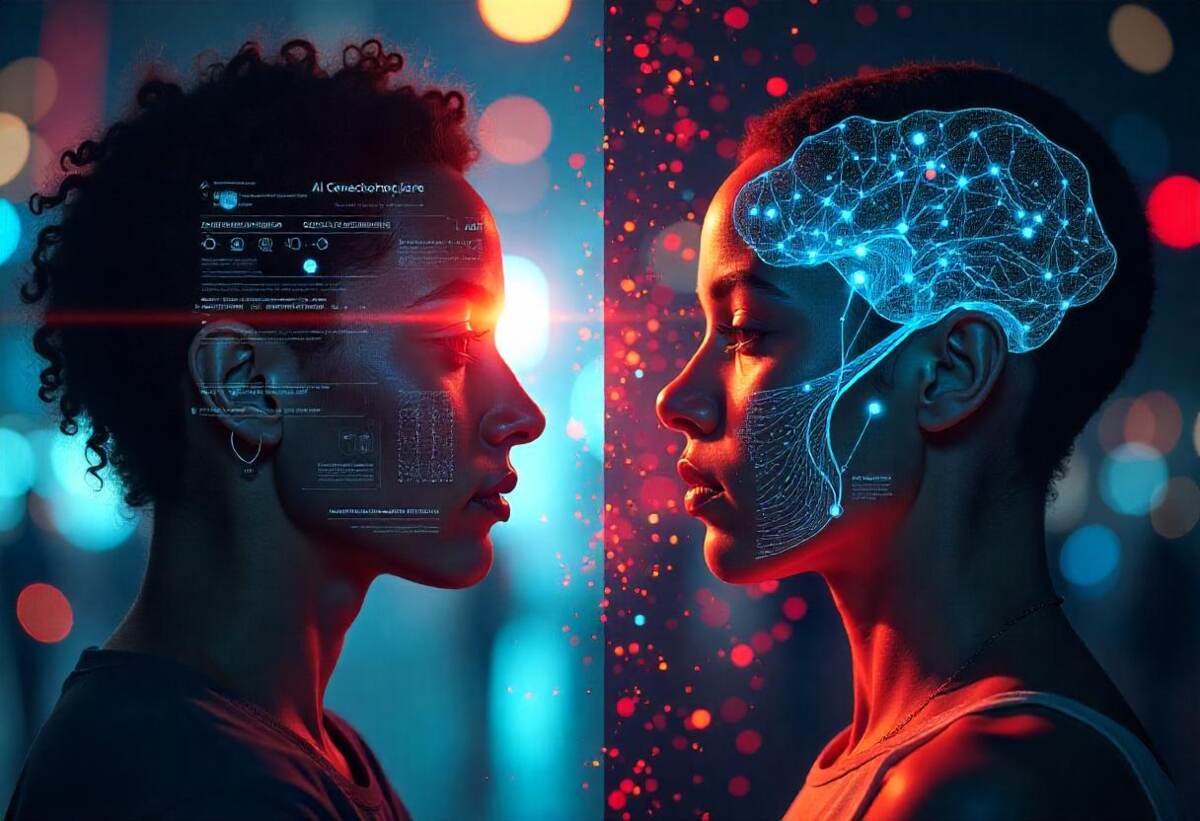
The Double-Edged Sword of AI
Few people expect algorithmic bias to be the reason behind their rejection during applications for jobs or loans or medical care. The efficiency and objectivity of artificial intelligence (AI) systems end up reinforcing biases from society which produces discriminatory practices in hiring processes as well as law enforcement operations and healthcare delivery. The paper delves into algorithmic bias origins along with the tangible effects it produces and advanced methods for building equitable AI frameworks.
The Origins of Algorithmic Bias: A Digital Reflection of SocietyHow Bias Creeps In
Systemic prejudices appear in historical data because AI systems draw their knowledge from this information.
Model outputs that result from developer algorithms tend to reflect their hidden biases during design phases.
Machine learning algorithms strengthen current inequality patterns because they improve their performance by analyzing biased outcome data.
Case Studies
Amazon crafted an AI recruitment system in 2018 which automatically rejected female candidates seeking technical jobs from software engineering roles. The training process of the AI through male-dominated resumes spanning a 10-year period made it selectively favor male candidates and marked down any resumé containing references to “women’s” institutions or female-only colleges.
Compas risk assessment produced by the U.S. criminal justice system through COMPAS tool incorrectly categorized more Black defendants than white defendants as potential repeat offenders. Through an analysis the system displayed racial bias against Black population which resulted in unjust sentencing practices.
Algorithmic Bias in Healthcare Decides Which Patients Will Not Receive Proper Medical Care
Disparities in Medical AI
Training medical AI systems with mostly white patient records produces diagnosis errors for different population demographics. The Science journal released findings which showed that commonly used healthcare algorithms discriminated against Black patients compared to white patients despite similar health conditions.
Impact on Marginalized Communities
A deficiency of diverse training data causes underdiagnosis in skin cancer patients from different racial backgrounds due to medical systems biases. The capability of AI-powered mental health tools to deliver appropriate care suffers since they interpret symptoms differently among ethnic groups.
Expert Insight
Key author Dr. Ziad Obermeyer explained in his study that the algorithm exhibits prejudice because it uses healthcare costs to represent health requirements without completing accurate representation of Black patients’ medical conditions.
Solutions: Can AI Fix Itself?
Bias Audits & Transparency
Businesses have established frameworks at IBM to monitor and reduce the risk of bias. Through its open-source AI Fairness 360 toolkit IBM provides users with tools to check and report discrimination along with bias found in machine learning models and manage these findings.
Diverse Data & Inclusive AI Training
Representative datasets need to be established to ensure diversity in the data sources. The AI Fairness 360 kit from IBM enables users to detect biases through its analytic tools and provides algorithms that minimize this prejudice in artificial intelligence models.
Regulatory and Ethical Frameworks
Through its AI Act the European Union establishes global AI governance standards that require AI systems to remain transparent and non-discriminatory with full traceability.
Innovative Approaches
XAI techniques function as active research areas because they aim to make AI decisions more understandable to human users. Through its XAI program DARPA works to develop transparent AI models which continue delivering high operational results.
The Future of Fair AI: A Call to Action
What’s at Stake
AI bias when left uncontrolled will worsen the inequalities that exist in our societies.
The Role of Policymakers, Developers, and the Public
Governments: Government institutions should develop firm guidelines for AI ethical practices.
Tech Companies: Technology leaders should dedicate the same level of importance to fairness in their operations as they do to achieving accurate results.
Consumers: Customers must request visible information about the decision-making process made by AI systems.
Final Thought
AI systems demonstrate human-made biases because people establish the rules which guide them during operation. The ultimate question becomes whether humans will decide to rectify this situation.
